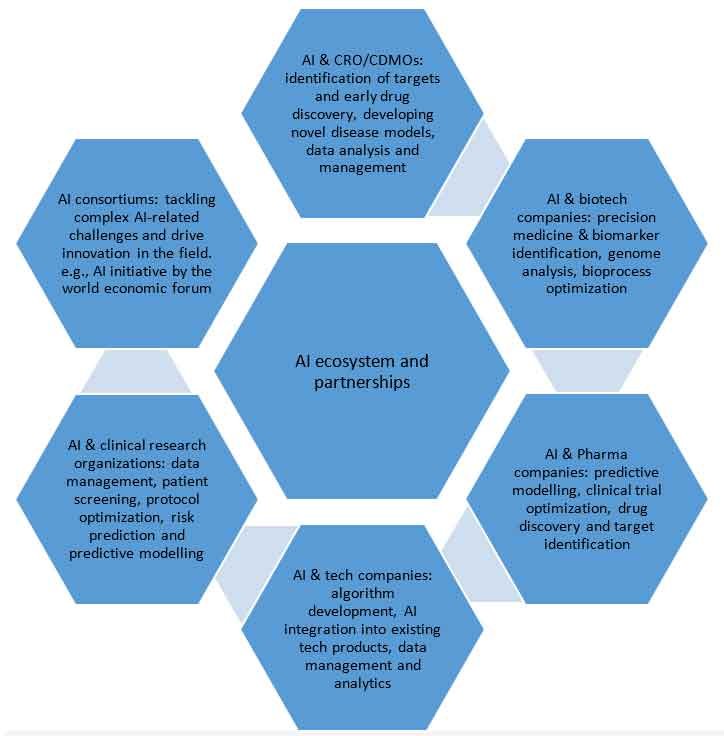In recent years, artificial intelligence (AI) has emerged as a powerful tool, revolutionizing various industries, including healthcare. Its impact on drug discovery is particularly noteworthy, offering a faster, more efficient route to developing new medicines. This article explores how AI is accelerating the drug discovery process, transforming the way scientists and researchers approach the development of lifesaving treatments.
Understanding the Traditional Drug Discovery Process
Traditionally, drug discovery is a lengthy and complex process, often taking over a decade from initial research to bringing a drug to market. It involves several stages, including identifying a disease target, screening for potential compounds, testing these compounds in labs and through clinical trials, and finally, seeking regulatory approval. This process is not only time-consuming but also incredibly costly, running into billions of dollars.
The Advent of AI in Drug Discovery
Enter AI, with its ability to process and analyze vast amounts of data at speeds unattainable by humans. AI algorithms can predict how different chemicals will behave and how likely they are to make an effective treatment. By doing so, AI reduces the need for physical experiments in the early stages, speeding up the identification of promising compounds.
Predictive Analytics
One of AI’s key contributions is predictive analytics. AI systems can sift through existing databases of drugs and compounds, predicting their effectiveness against specific diseases. This ability to quickly assess the therapeutic potential of millions of compounds can significantly shorten the initial phases of drug discovery.
Machine Learning Models
Machine learning models, a subset of AI, are particularly adept at identifying patterns and correlations within data that would be invisible to human researchers. These models can analyze the structure of compounds and predict their interactions with biological targets. This capability not only accelerates the discovery of new drugs but also helps in repurposing existing ones for new therapeutic uses.
Reducing Costs and Time
By automating the early stages of the drug discovery process, AI can drastically reduce the costs associated with research and development. Furthermore, AI’s efficiency in analyzing data means that promising drugs can reach clinical trials much quicker, potentially saving lives by making new treatments available sooner.
Real-world Applications
Several pharmaceutical companies and biotech firms are already leveraging AI to expedite drug discovery. For example, AI platforms are being used to develop treatments for diseases that have long eluded traditional research methods, such as Alzheimer’s disease and various forms of cancer. These platforms can rapidly identify potential drug candidates that are more likely to succeed in clinical trials, reducing the risk of failure.
Challenges and Future Directions
Despite its potential, integrating AI into drug discovery faces challenges, including data quality and availability, and the need for collaboration between AI experts and biological scientists to interpret AI findings accurately. Nonetheless, the future looks promising. With ongoing advancements in AI technology and an increasing openness to technological innovation in the pharmaceutical industry, AI’s role in drug discovery is set to become even more significant.
Conclusion
AI’s impact on drug discovery is a game-changer, offering a glimpse into a future where new treatments are developed more quickly, efficiently, and cost-effectively. While challenges remain, the integration of AI into this field marks a significant step forward in the quest to combat diseases and improve global health outcomes. As AI technology continues to evolve, its potential to transform drug discovery and development is boundless, promising a new era of healthcare innovation.
